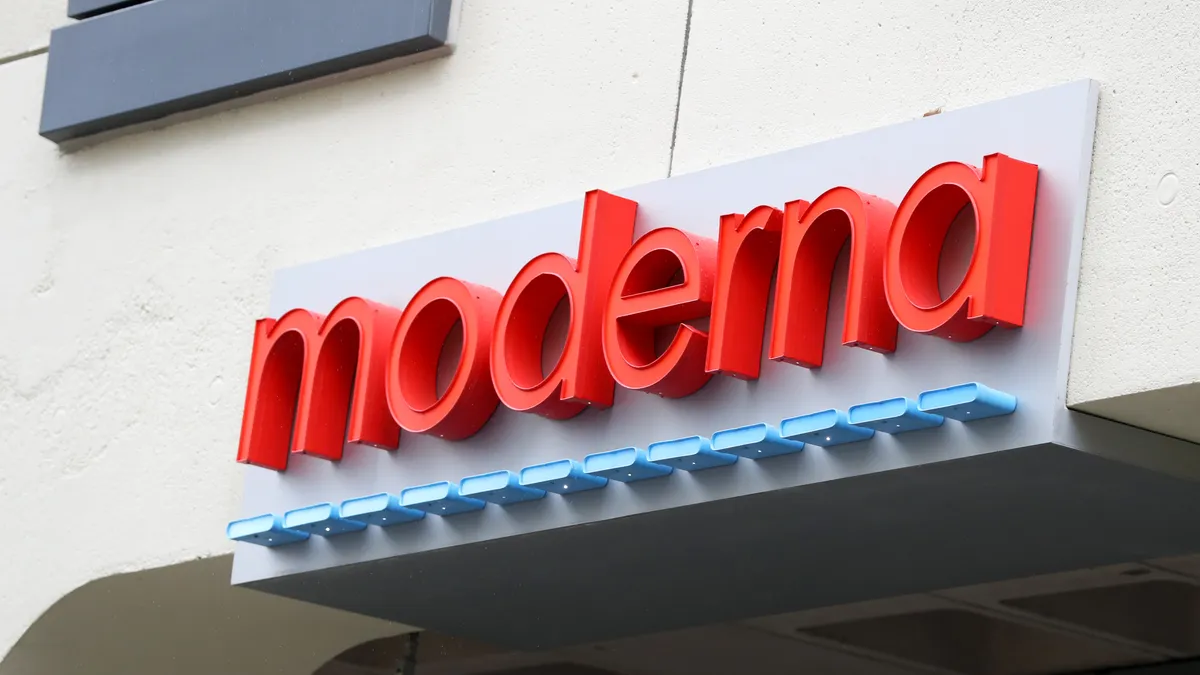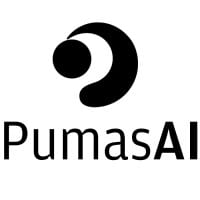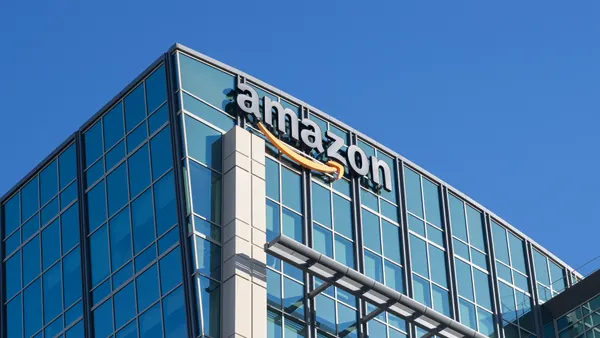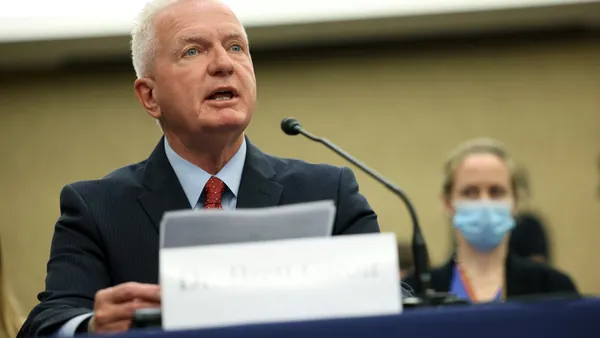Biotechnology company Moderna said Thursday it has secured a loan of $1.5 billion as it reevaluates its pipeline in an effort to break even by 2028.
The vaccine maker signed a five-year loan facility with Ares Management Credit Funds, a move Chief Financial Officer Jamey Mock said, in a statement, will enable “increased flexibility over the coming years.” The influx of capital provides an additional lifeline as the drugmaker navigates a post-pandemic market.
Moderna also announced a three-year business strategy, targeting up to 10% revenue growth in 2026. Company shares subsequently rose over 2%.
Facing declining vaccine revenue, Moderna has been aggressively cutting costs by reducing staff and lowering spending on research and development. Meanwhile, its approved product against respiratory syncytial virus has struggled to gain traction in an already full market.
Moderna is also being challenged by leadership at the Department of Health and Human Services. Secretary Robert F. Kennedy Jr. cut funding for messenger RNA technology and replaced a vaccine committee with handpicked members that limited COVID shot recommendations. Additionally, the Food and Drug Administration implemented stricter guidelines and approval frameworks for COVID vaccines.
Moderna’s pipeline suffered a blow in October, too, when a highly anticipated shot against cytomegalovirus failed a late-stage trial.
In its third quarter earnings, despite a drop in revenue, Moderna indicated it is exceeding its cost-cutting targets and is on the path to a breakeven point by 2028. The company expects further R&D cuts in the coming years.
As part of its three-year business strategy, Moderna wants to expand its seasonal vaccine franchise with the launch of vaccines for norovirus and influenza as well as a combination flu and COVID shot. The company intends to invest revenue from seasonal vaccines into its oncology and rare disease programs, to “set the stage for additional growth in 2027 and 2028.”
Moderna’s most advanced programs in cancer include mRNA-based vaccines developed in partnership with Merck & Co. against multiple tumor types.
Moderna said sales for next year will be driven in part by partnerships made with governments in the U.K., Australia and Canada. The company also anticipates “continued strong uptake” of its next-generation COVID vaccine mNEXSPIKE in the U.S. and other countries.
At the same time, Moderna is discontinuing R&D investment in other programs, including cytomegalovirus, varicella-zoster virus, herpes simplex virus and glycogen storage disease type 1a.














